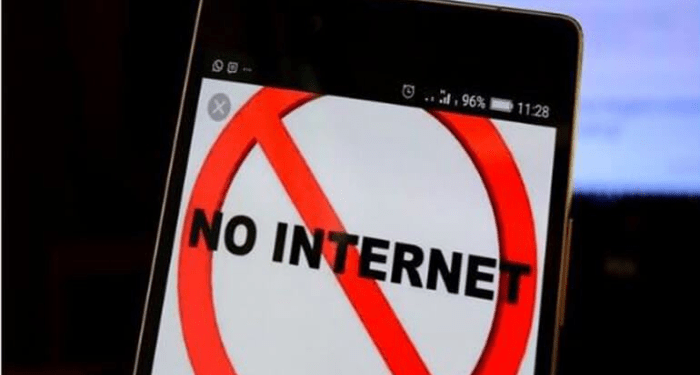Sub-Saharan African countries incurred losses amounting to $1.5 billion due to Internet shutdowns in 2024, accounting for 19% of the global $7.69 billion lost to such disruptions, according to data by Top10VPN.
Key Insights on Internet Shutdowns in Africa
- Number of Shutdowns: Africa experienced 13 shutdowns across countries including Sudan, Ethiopia, Kenya, Algeria, and Senegal.
- Top Loser: Sudan suffered the most, losing $1.12 billion due to prolonged shutdowns lasting over 529 days (12,707 hours).
- Reasons for Shutdowns:
- Conflicts: Dominated the reasons for shutdowns in Africa, with Sudan’s ongoing conflict displacing over 10 million people and claiming 13,000 lives.
- Protests: Countries like Kenya and Ethiopia resorted to Internet blackouts to curb dissent during protests.
Kenya’s Finance Bill Protests
Kenya lost $75 million to Internet disruptions linked to nationwide protests against the proposed Finance Bill.
- Cause of Protests:
- The bill proposed higher taxes amidst economic hardships, sparking outrage, particularly among the youth.
- Protesters accused the government of corruption and demanded reforms.
- Key Events:
- On June 25, 2024, protests escalated, leading to the storming of the Kenyan Parliament, fires, and over 20 deaths.
- Following the unrest, President William Ruto declined to sign the bill, dismissed key government officials, and promised reforms.
- Internet Disruption:
- While Kenya’s Communications Authority denied plans to disrupt Internet services, NetBlocks confirmed significant Internet outages during the protests.
Global Context and Trends
- Global Losses: Internet shutdown-related losses dropped significantly from $24.61 billion in 2022 to $7.69 billion in 2024.
- Regional Causes:
- In Africa, conflicts were the leading cause of shutdowns.
- In Asia, where the most shutdowns occurred in 2024, elections were the primary trigger.
Internet shutdowns in Africa continue to have severe economic and social consequences. While global losses from such disruptions have declined, African countries remain among the hardest hit. The financial toll, coupled with the impact on freedom of expression and economic activities, underscores the need for sustainable solutions to address conflicts and protests without resorting to Internet blackouts.










